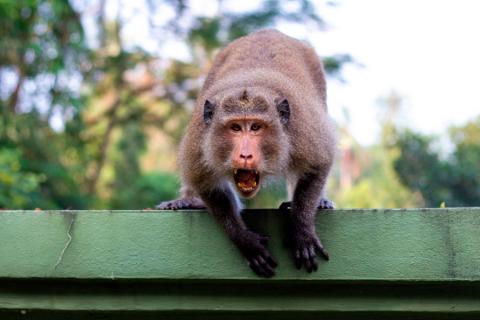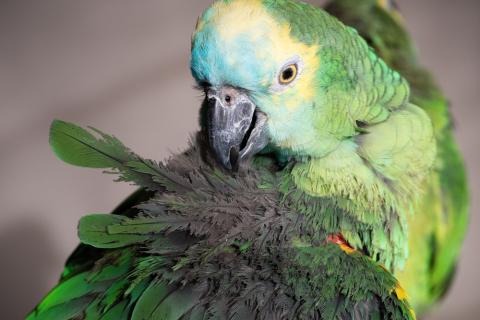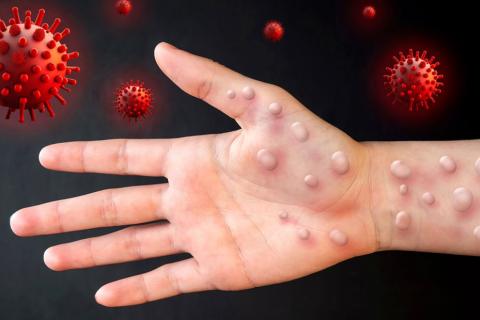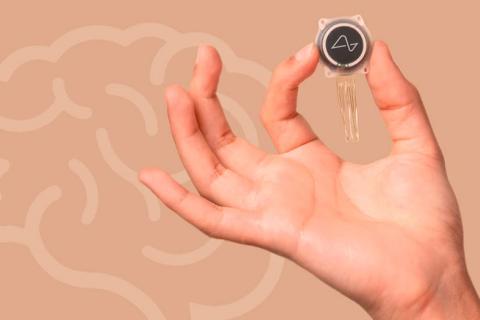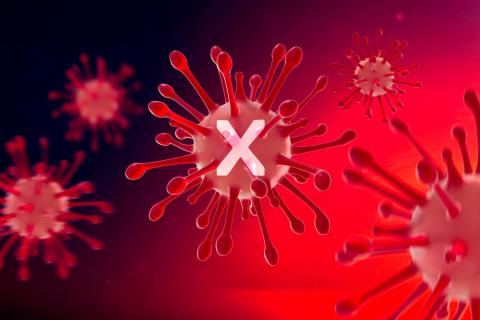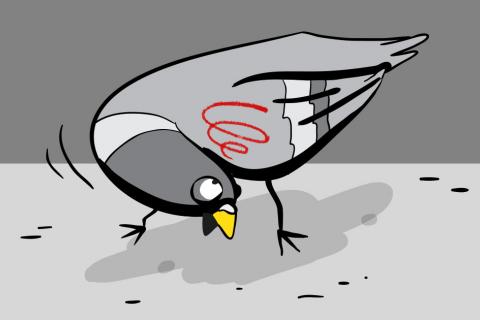
Pigeons are considered an urban plague when they accumulate in large numbers in parks, gardens and other public spaces in cities or towns, since their droppings deteriorate monuments and buildings in general, and they are also carriers of parasites. Now, however, they have become news for being victims of Newcastle disease, caused by a virus from the Paramyxoviridae family that affects their neurological system and causes them to behave strangely, for which it has been baptized in the networks. as ‘zombie pigeon syndrome’.
The infection was initially detected in the UK, where authorities have confirmed several cases in pigeons on the Isle of Jersey, and a spokesperson for the Isle of Jersey Animal Shelter told The Mirror newspaper: “There has been an increase in the number of pigeons entering the Animal Shelter in recent weeks, many of which have shown neurological signs such as twisting their necks, circling or not being able to stand up. In recent days it seems that the presence of this virus in Spain is also being investigated, in areas of Barcelona and Seville, still to be confirmed.
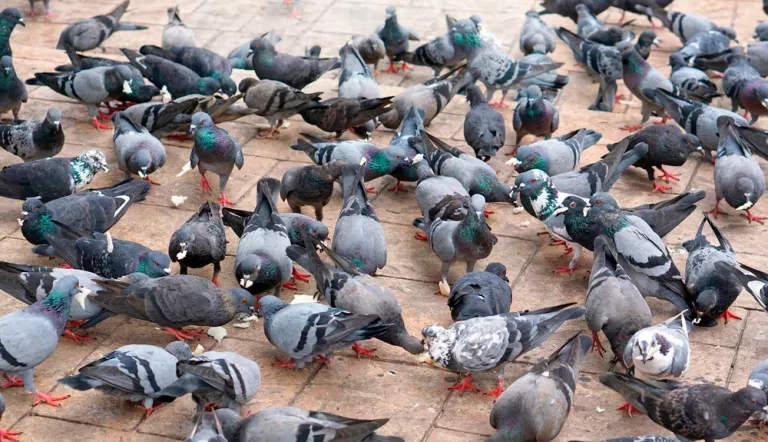
What is Newcastle disease and how is it spread?
Avian Paramyxovirus type 1 (APMV-1) is responsible for this viral infection and, according to the Ministry of Agriculture, Fisheries and Food, as it is an endemic disease in wild birds – which can even be carriers without being sick – it can affect also to domestic birds from anywhere in the world, since it is also very contagious. APMV can infect more than 200 species of birds and the most likely to contract the infection are gallinaceous birds, followed by pheasants, turkeys, pigeons and geese.
The Refuge spokesman explained that the virus can survive longer during the colder and more humid months and “therefore, cases are more common during this time of year.” It is transmitted by contact with infected individuals or with water, food or objects that have been in contact with them or with their feces or secretions, has an incubation period of between five and 20 days, and can trigger symptoms in birds such as :
- Respiratory signs: gasping, coughing, sneezing, and wheezing.
- Nervous signs, including tremor, twitching, disorientation, circling, and neck twisting. Partial paralysis of the wings and legs, so they have difficulty standing, cannot take flight, and even have trouble feeding.
- Very wet and liquid stools (diarrhea) that are usually greenish in color.
- Loss of appetite and weight and lethargy.
- Partial or complete interruption of egg production, which may also have anomalies in shape, color, surface…
Newcastle disease is a notifiable animal disease, as established in Commission Implementing Regulation (EU) 2020/2002, of December 7, 2020, but, although it is relatively common in birds, since the Ministry They ensure that “it does not pose any risk to humans from the food point of view.”
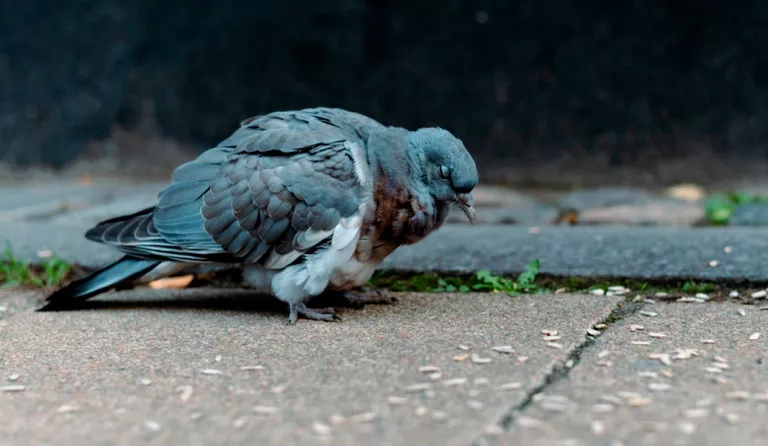
Zombie pigeon syndrome, can it affect humans?
Qualifying pigeons with Newcastle disease as ‘zombies’ may sound worrying, but the truth is that it is very unlikely that this infection is transmitted to humans, in which the symptoms are also very different. In fact, the World Organization for Animal Health (WHO) indicates that it is “a very mild zoonosis (that is, an animal disease that can infect humans) and can cause conjunctivitis in humans, but it is usually very mild and limited” .
Lilianne Ganges, a researcher at the Animal Health Research Center (Barcelona) told Newtral.es that “the term ‘zombies’ given to pigeons is due to the generation of nervous symptoms that these birds develop, but it must be avoid because, in addition to creating confusion, it can create false alerts and fears in the population”, since “the generation of self-limited conjunctivitis has only been reported in laboratory and poultry workers”.
Newcastle disease “is a very mild zoonosis and can cause conjunctivitis in humans, but it is usually very mild and limited.”
Víctor Jiménez, professor of Microbiology at the Complutense University of Madrid, has also declared to the same medium that Newcastle disease does not pose a danger to people and has recalled a case in which the term zombie could be used to describe the person affected. : “There are natural phenomena that could be called zombies, such as the Ophiocordyceps unilateralis fungus, which attacks ants and takes over their will.”
This expert explained that paramyxoviruses are more frequent in animals, although they also cause diseases in humans, such as measles, and that if a person is infected: “the virus usually causes rhinitis and conjunctivitis, accidental occupational infections, but not cause no serious pathology. The normal thing is that the person is asymptomatic ”.
This disease can also be prevented thanks to a vaccine that is administered mainly to domestic animals. There are also rapid diagnostic techniques and epidemiological measures that the OMSA has established to control the infection and prevent its spread.

Spain, a country free of Newcastle disease
In our country, the last outbreak of Newcastle disease occurred in June of this year in the municipality of Húercal-Overa, in Almería. This was the first reported since 2009 and, after cleaning and disinfecting all affected farms, last October it was considered that this case had been resolved and Spain has regained the status of a country free of Newcastle disease, as established in the OMSA code.
.


